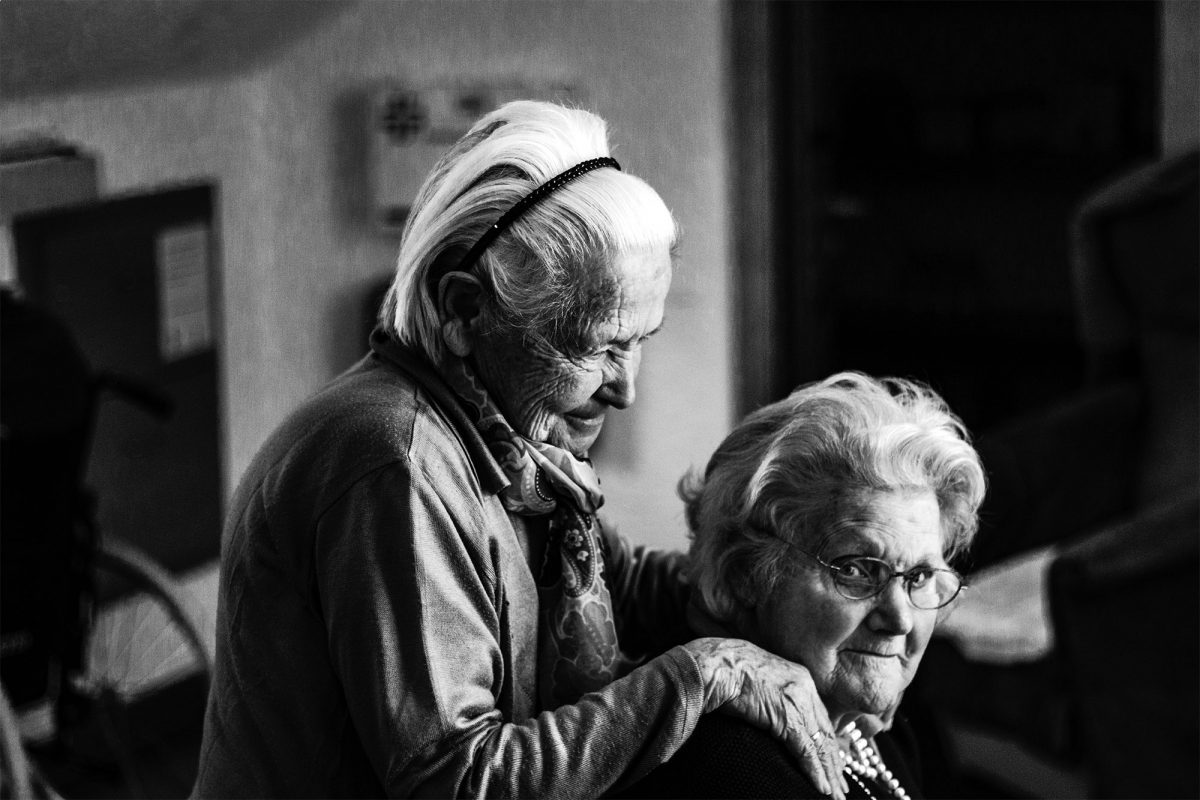Photo by eberhard grossgasteiger on Unsplash
Family caregivers play an important role supporting their relatives with advanced progressive disease to live at home. Caring for an older family member often requires teamwork.
First of all, it is important to define the caregiving responsibilities, for example by setting up a family meeting and, if it makes sense, include the care recipient in the discussion. This is best done when there is not an emergency. A calm conversation about what kind of care is wanted and needed now, and what might be needed in the future, can help avoid a lot of confusion.
Decide who will be responsible for which tasks. Many families find the best first step is to name a primary caregiver, even if one is not needed immediately. That way the primary caregiver can step in if there is a crisis. Agree in advance how each of your efforts can complement one another so that you can be an effective team. Ideally, each of you will be able to take on tasks best suited to your skills or interests.
Consider Your Strengths When Sharing Caregiving Responsibilities
When thinking about who should be responsible for what, start with your strengths. Consider what you are particularly good at and how those skills might help in the current situation:
- Are you good at finding information, keeping people up-to-date on changing conditions, and offering cheer, whether on the phone or with a computer?
- Are you good at supervising and leading others?
- Are you comfortable speaking with medical staff and interpreting what they say to others?
- Is your strongest suit doing the numbers – paying bills, keeping track of bank statements, and reviewing insurance policies and reimbursement reports?
- Are you the one in the family who can fix anything, while no one else knows the difference between pliers and a wrench?
Consider Your Limits When Sharing Caregiving Responsibilities
When thinking about who should be responsible for what, consider your limits. Ask yourself the following:
- How often, both mentally and financially, can you afford to travel?
- Are you emotionally prepared to take on what may feel like a reversal of roles between you and your parent – taking care of your parent instead of your parent taking care of you? Can you continue to respect your parent’s independence?
- Can you be both calm and assertive when communicating from a distance?
- How will your decision to take on caregiving responsibilities affect your work and home life?
Be realistic about how much you can do and what you are willing to do. Think about your schedule and how it might be adapted to give respite to a primary caregiver. For example, you might try to coordinate holiday and vacation times. Remember that over time, responsibilities may need to be revised to reflect changes in the situation, your care recipient’s needs, and each family member’s abilities and limitations.

